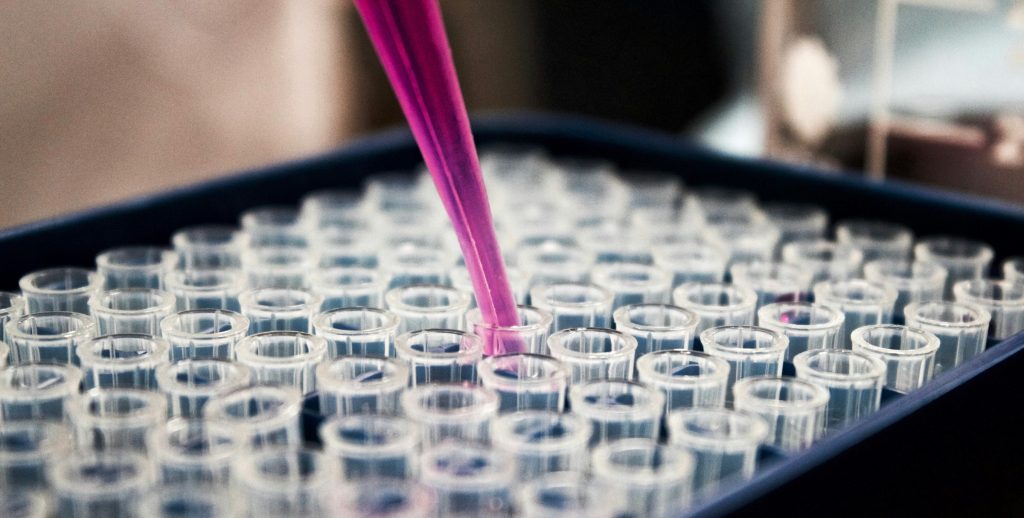Cervical Cancer Vaccine – Gardasil
Better2Know offers the Gardasil vaccine to both men and women over the age of national screening programme.

The latest figures for England from the 2010/11 academic year show that 750,000 doses of the vaccine were given through the routine (12-13 years) and mop-up (14-18 years) programmes with 84.2% of 12-13 year old females completing the three-dose course, up by 7.8% on the previous year.
This year also marks a switch in the type of vaccine being used in the immunisation programme with Gardasil replacing Cervarix. Both vaccines offer protection against the two types of HPV that cause more than 70% of cervical cancers, but Gardasil has the added benefit of protecting against two additional types of HPV that cause about 90% of genital warts.
Director of Jo’s Cervical Cancer Trust, Robert Music said: “With research showing that an 80% uptake of the HPV vaccine year on year could see a two thirds reduction in cervical cancer incidence in women under 30 by 2025, the programme will make a real difference if girls continue to take up the vaccine.
“Numbers are moving in the right direction but the report also shows that around 350,000 females under 18 years and eligible to receive the vaccine in 2010/11 did not receive a single dose as well as more than 200,000 females over 18 years, and so no longer eligible for the vaccine.
It’s important that everyone involved in the programme including those delivering it locally does everything possible to remind girls who are no longer in year eight but aged 17 and below that they can still have the vaccine on the NHS. Vaccination for HPV can prevent infection from two of the ‘highest risk’ strains of HPV that cause 70% of cervical cancer. So we urge young women to take up the opportunity to have all three doses of the vaccination.”
Geographically, London still trails the rest of England with a 75.6% uptake, 12.4% lower than the North West which represents the highest uptake (88%).
Other statistics from the report:
- 84.2% of females aged 12 to 13 years received three doses of the HPV vaccine, 87.5% received two doses and 88.9% received one dose.
- The figures for 12 to 13 year old females is 7.8% higher than that achieved for the 2009/10 routine cohort and 4.1% higher than that achieved for the 2008/09 cohort.
- As of 31st August 2011 over 350,000 girls aged between 12 and 18 years had not received any HPV vaccine. However, vaccine coverage data for the mop-up cohorts (older females) may be under estimated as not all PCTs could provide updated information.
From September 2012 the national HPV immunisation programme will offer the Gardasil vaccine, which protects against two of the ‘highest risk’ types of HPV that cause 70% of cervical cancer, as well as two further types of HPV that cause around 90% of warts.
Three doses of the HPV vaccine, over a six-month period are needed for maximum protection. It is important to complete the full course. Cervarix is the HPV vaccine offered from September 2008 to August 2012. Girls who have already started a course of Cervarix should complete the course with the Cervarix vaccine.Gardasil is not a new vaccine. It has been used extensively in other countries such as the United States and Europe since it was first licensed in 2006.
Categories
- Awards
- Bacterial Vaginosis
- Blood Tests
- Cardiovascular Health
- Cervical Cancer
- Chlamydia
- Condoms
- Covid-19
- Gardnerella
- Genital Warts
- Gonorrhoea
- Health and Wellness
- Hepatitis A
- Hepatitis B
- Hepatitis C
- Herpes
- HIV
- HIV (AIDS)
- Home Testing
- HPV
- Instant Testing
- MSM
- Mycoplasma
- News
- Non-Specific Urethritis
- PAP Smear
- Pre-Pregnancy
- Sexual Health
- STD Symptoms
- STD Tests and Screens
- STI Transmission
- Stigma
- STIs
- Swab Tests
- Syphilis
- Trichomonas
- Ureaplasma
- WSW
- Zika
